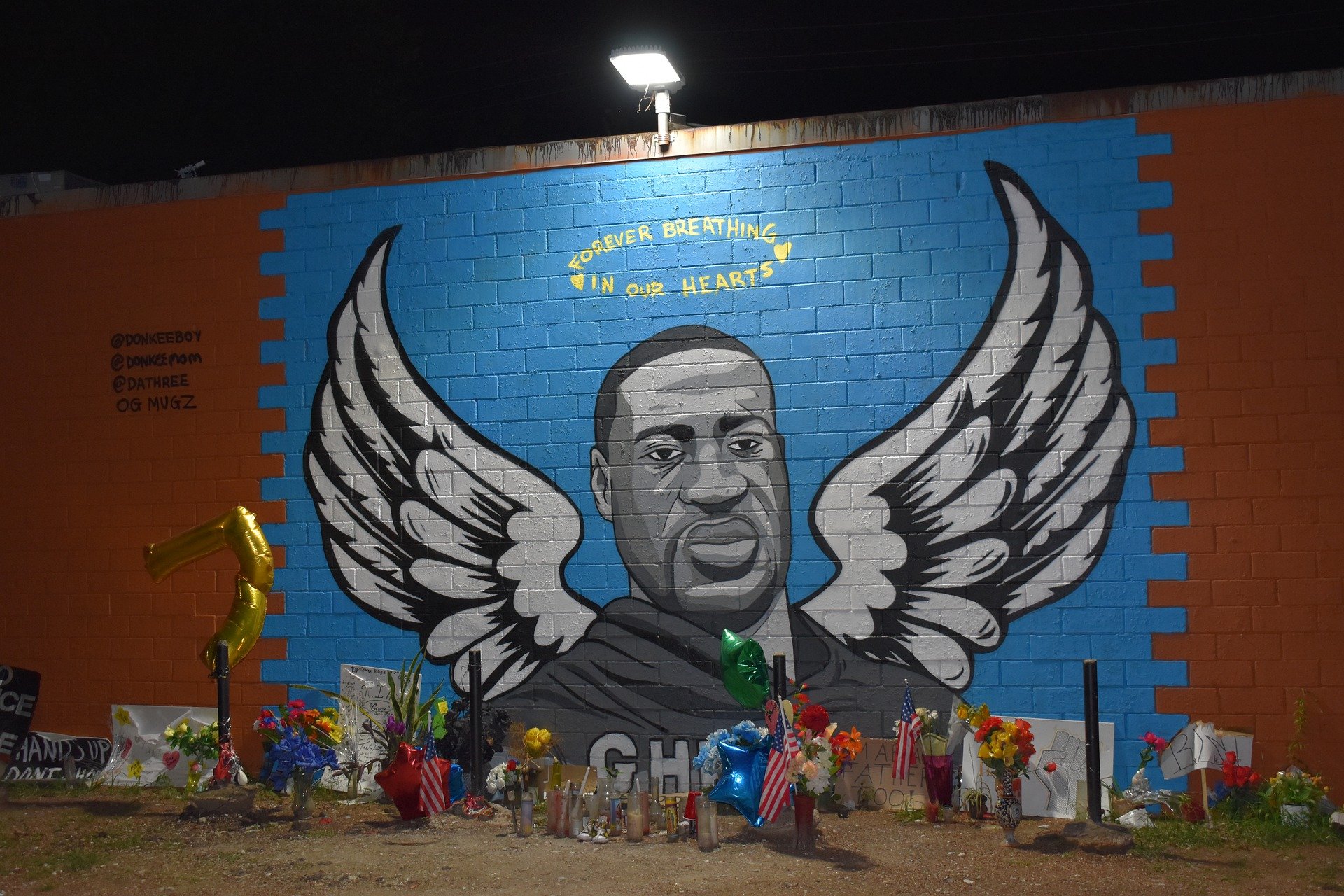CHICAGO— State Senator Elgie R. Sims, Jr. advanced legislation out of the Senate, that would give community college boards of trustees and local housing authorities permission to develop affordable housing for community college students.
“There are many advantages to living on campus for students,” said Sims. “We all know that housing provides a place to lay your head, but the benefits go far beyond that, as studies show that students who live on campus complete more credit hours and have higher grade point averages. While also making campus resources like the library, labs and support services more easily available.”
CHICAGO-In an effort to provide instruction, training and support services to new and aspiring entrepreneurs, State Senator Elgie Sims, Jr. (D-Chicago) is sponsoring House Bill 665, which would require the Illinois Department of Commerce & Economic Opportunity (DCEO) to establish and support entrepreneurship assistance centers around the state.
“There are no simple rules or a checklist that can guarantee success as an entrepreneur,” Sims said. “Entrepreneurship is hard and often times presents many roadblocks in the early stages of planning. We want to make this process easier for those who have a passion to build their own brand while equipping them with the necessary skills to become successful.”
The legislation would also require grants be awarded to train minority group members including people of color, women, people with disabilities, and veterans.
Specialized training services at the centers would include orientation and screening of prospective entrepreneurs, analysis of business concepts and technical feasibility, market analysis, management analysis and counseling, business planning and financial planning assistance, referrals to financial resources and much more.
House Bill 665 passed the Senate Commerce Committee and moves to the full Senate for consideration.

“This is about bettering the college experience for every student in this state,” said Sims. “Research shows that students who live on campus have higher GPAs. When students live on campus they are more plugged-in to the campus community and have more opportunities to join clubs, attend events, meet new people.”
Under current law, community colleges do not have the right to own student housing. In order for community schools to develop affordable housing for students, the process must be administered through a local Housing Authority or nonprofit organization.
Proponents of the bill also suggest that restricted housing on community college campuses fails to meet the need of every student. Traditionally, community colleges catered to students living within reasonable driving distance of the school. And while that arrangement works for some students, now-a-days a lengthy and costly commute poses a challenging barrier to those living at a distance, including international students.
House Bill 374 passed out of the Senate Higher Education Committee and moves to the full Senate for consideration.

SPRINGFIELD- Senator Elgie Sims, Jr. (D-Chicago) released the following statement following the guilty verdict in the trial of Derek Chauvin:
“Today, the jury got it right. It confirmed what the entire world watched in horror, George Floyd was murdered in broad daylight with complete disregard for his humanity by disgraced former officer Derek Chauvin.
While this is the verdict the evidence supported and we were hoping for, we should not be distracted from the fact that there is still more work to do to ensure our system of justice is fair and equitable for everyone.
It is important to realize that it takes more than just convicting officers of police misconduct to achieve real equity and justice.
Police reform goes beyond only holding those accountable who misuse their power, it calls for us to reimagine public safety and improve the profession of policing.
Page 29 of 53